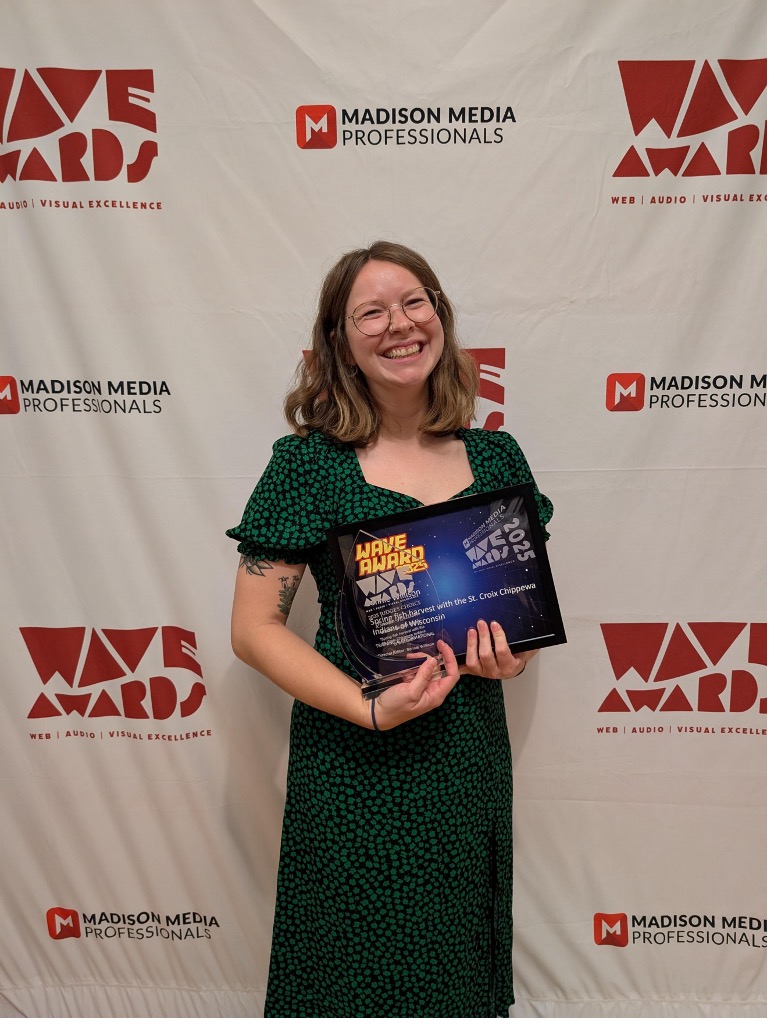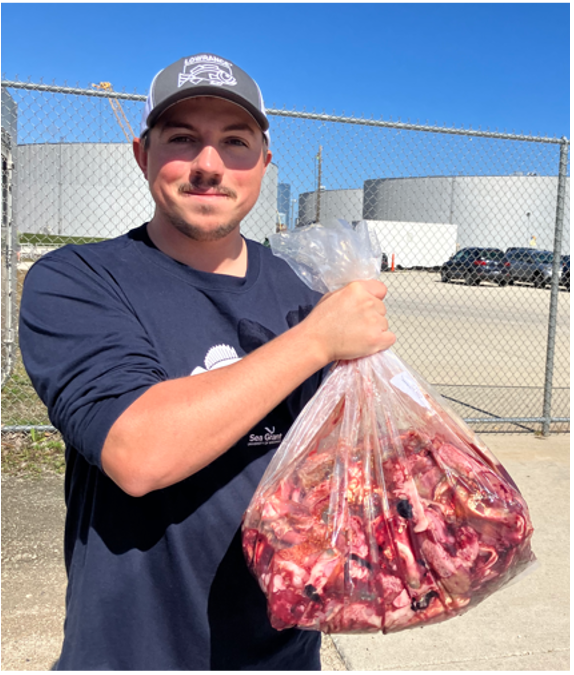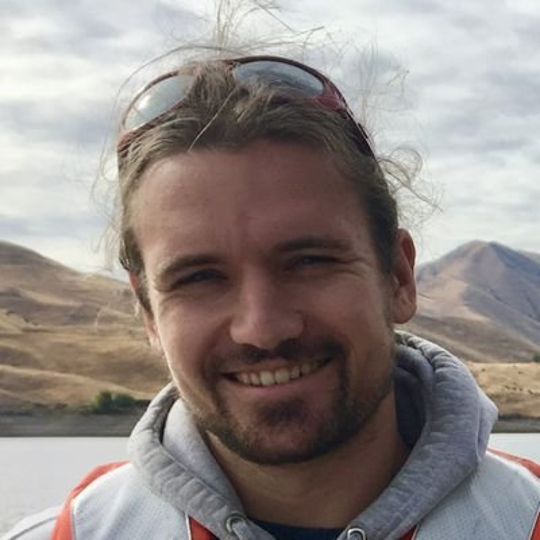Wisconsin Sea Grant’s former (and first) social scientist, Jane Harrison, departed to work for North Carolina Sea Grant a few months ago. In a trade-off by chance, the program’s new social scientist, Deidre Peroff, is coming to Wisconsin Sea Grant from North Carolina. Peroff is currently a social research assistant for the North Carolina Wildlife Resources Commission in Raleigh. She brings a wealth of experience to her new job from across the U.S. and even internationally.
Although she grew up near Kansas City, Kan., Peroff’s academic roots are at the University of Wisconsin-Madison, where she earned a bachelor’s degree in geography, people and the environment. The campus was her father’s alma mater and he encouraged her to apply there. After working in environmental education for several years in Mississippi and southern California, Peroff moved to Boston, where she worked as a research assistant for the Harvard University Forest. That experience sparked her interest in social science research and her boss, noted conservationist Jim Levitt, encouraged Peroff to pursue a master’s degree.
That took her to Western Washington University where Peroff received her master’s in geography, studying the market for “eco-palms,” which are locally harvested and fairly traded palm fronds from Guatemala and Mexico that are used in Palm Sunday services.
“I knew I wanted to focus on social science,” Peroff said. “Most environmental problems are really people problems. You have to talk to people and assess their awareness of these problems. My experiences in different parts of the country have been eye-opening in terms of differences in how people think about natural resources, how they relate to them, and the concerns they have, or the lack of concerns or knowledge they have about environmental issues.”
Peroff’s continued academic success and interest in social science brought her to North Carolina State University where she is in the final stages of completing her Ph.D. in the Department of Parks, Recreation and Tourism Management. Her dissertation focused on how locals’ involvement in tourism small businesses can support livelihoods and environmental stewardship in underserved communities.
Along her path she has worked often with coastal communities. Peroff is looking forward to focusing more on water issues, and she’s excited to get back to the Midwest. “I’m looking forward to learning more about the different problems in the Great Lakes and how people use coastal resources,” Peroff said. “I have a lot to learn but I have a lot to give, too.”
Her approach is one of collaboration and participatory action. “I like to encourage communication by people on different sides of natural resource issues,” she said. “I enjoy going out and talking to people, hearing their perspectives and seeing how we can move forward. Also, I like to make sure that people’s values are heard so they have a stake in what is happening. I feel this approach is more effective in the long term.”
Peroff will start work this February from the Sea Grant office in the University of Wisconsin-Milwaukee’s School of Freshwater Sciences, but for now, she can be reached at dmperoff@aqua.wisc.edu.





